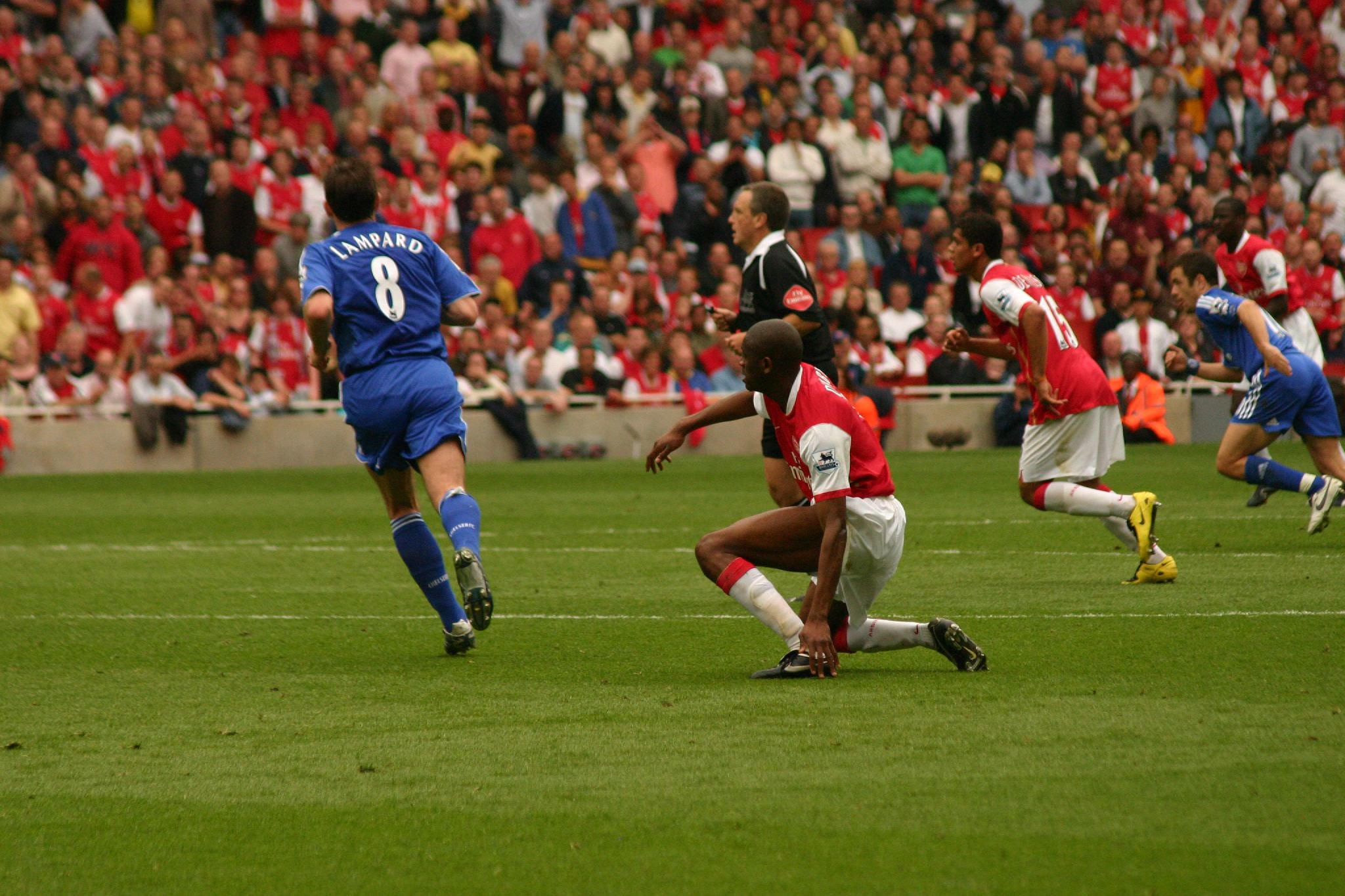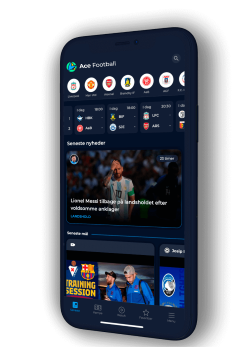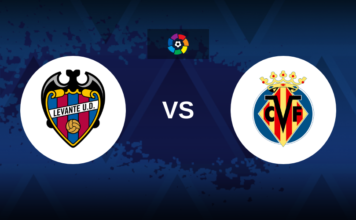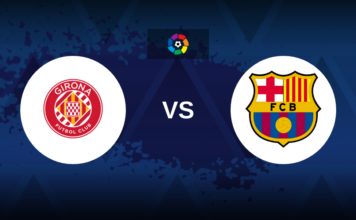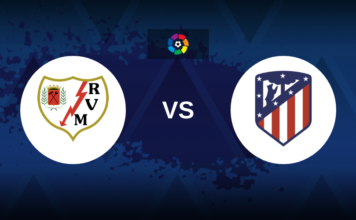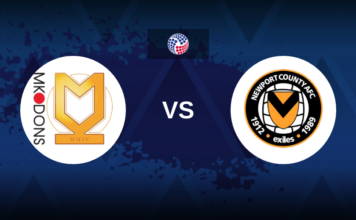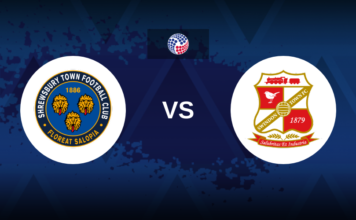Frank Lampard’s football story is often overshadowed by unfair assumptions. But his rise from privileged beginnings to legendary status is one of the game’s most underrated redemption arcs.
When Frank Lampard made his early steps into professional football, he carried a name that opened doors — but also closed minds. He was a football aristocrat by blood: the son of Frank Lampard Sr., a West Ham legend, and the nephew of Harry Redknapp, then West Ham’s manager.
To many fans, Lampard didn’t earn his place. He was branded a “nepotism baby” — a player who only wore the shirt because of family ties, not footballing merit.
In fact, the skepticism ran so deep that it became public. In 1996, during a West Ham fans’ forum, Redknapp was confronted by an angry supporter who demanded to know why the club had let Scott Canham and Matt Holland leave, insisting they were better than Lampard. What followed was iconic. Redknapp, visibly riled, pointed directly at his nephew and declared:
“I’m telling you now, Frank Lampard will be a top player. He will go right to the very top.”
It was a bold claim — and it would prove prophetic.
But it didn’t come easy. Lampard faced a level of scrutiny that most young players don’t. Every mistake, every misstep, every missed pass was met with whispers of “he’s only playing because of his uncle.” His natural shyness didn’t help. In a sport where swagger can mask insecurity, Lampard seemed almost embarrassed by the accusations — but he didn’t respond with words. He responded with work.
While some young stars coasted on talent, Lampard was obsessed with improvement. He stayed behind after training. He refined his long-range shooting. He studied the game. He turned himself into one of the fittest players in the league. And when he joined Chelsea in 2001 for £11 million, critics raised eyebrows — but they didn’t realize that the real Lampard was just getting started.
At Chelsea, he blossomed. Under the lights of Stamford Bridge, he became a midfield machine — scoring goals, dictating tempo, breaking lines, and delivering in the biggest moments. He wasn’t the flashiest, the fastest, or the most naturally gifted, but he was relentless.
He became Chelsea’s all-time top scorer — from midfield. Let that sink in. A player once accused of being “average” or “overhyped” was now breaking records set by strikers. He won three Premier League titles, four FA Cups, and two League Cups. But the crowning moment came in 2012, when Chelsea faced Bayern Munich in the UEFA Champions League final — in the German giant’s own backyard.
Chelsea were massive underdogs. Didier Drogba scored the equalizer. Petr Čech saved a penalty. But it was Frank Lampard, as captain on the night, who led the team through extra time and into that fateful penalty shootout. When Drogba scored the winner, Chelsea had their holy grail — and Lampard had the final jewel in his crown.
He had gone from a mocked teenager to lifting Europe’s most prestigious club trophy.
The narrative had flipped. Those who once mocked him now revered him. The doubters were silent. The kid who “only got in because of his uncle” had become the beating heart of one of England’s greatest ever teams.
Frank Lampard’s career is a reminder that pedigree can open doors, but it’s work that keeps them open. He didn’t just overcome expectations — he demolished them. He wasn’t just good for Chelsea. He was essential.
From nepo baby to legend, Frank Lampard wrote his story in goals, grit, and glory.
